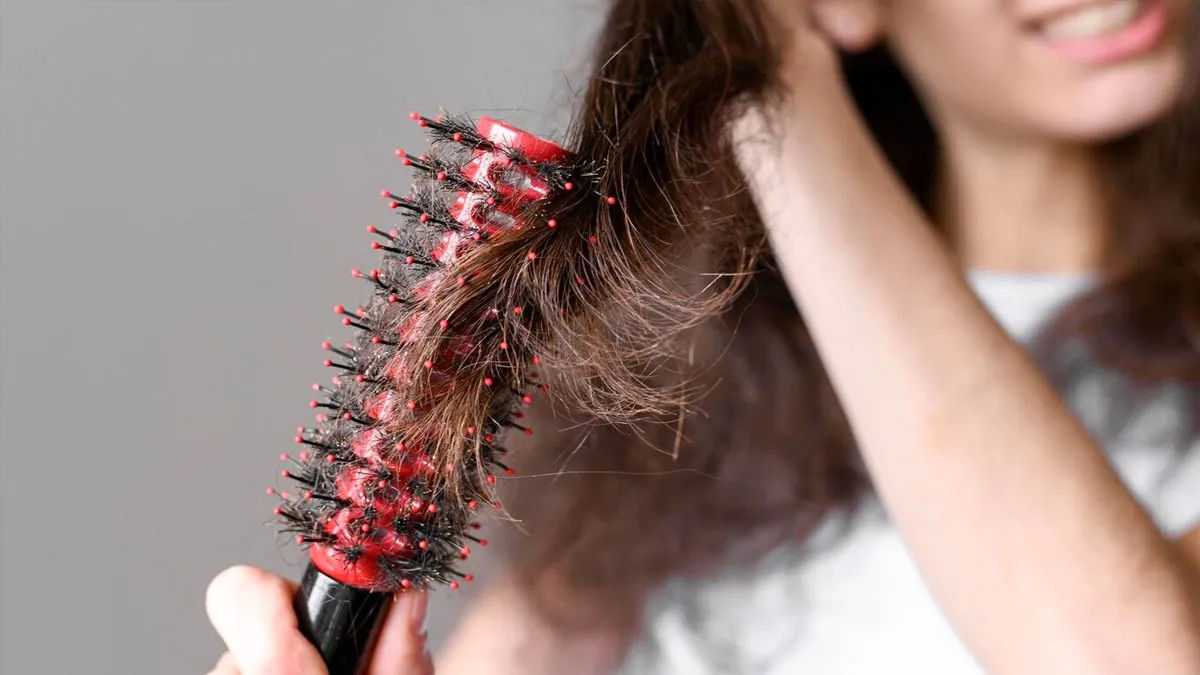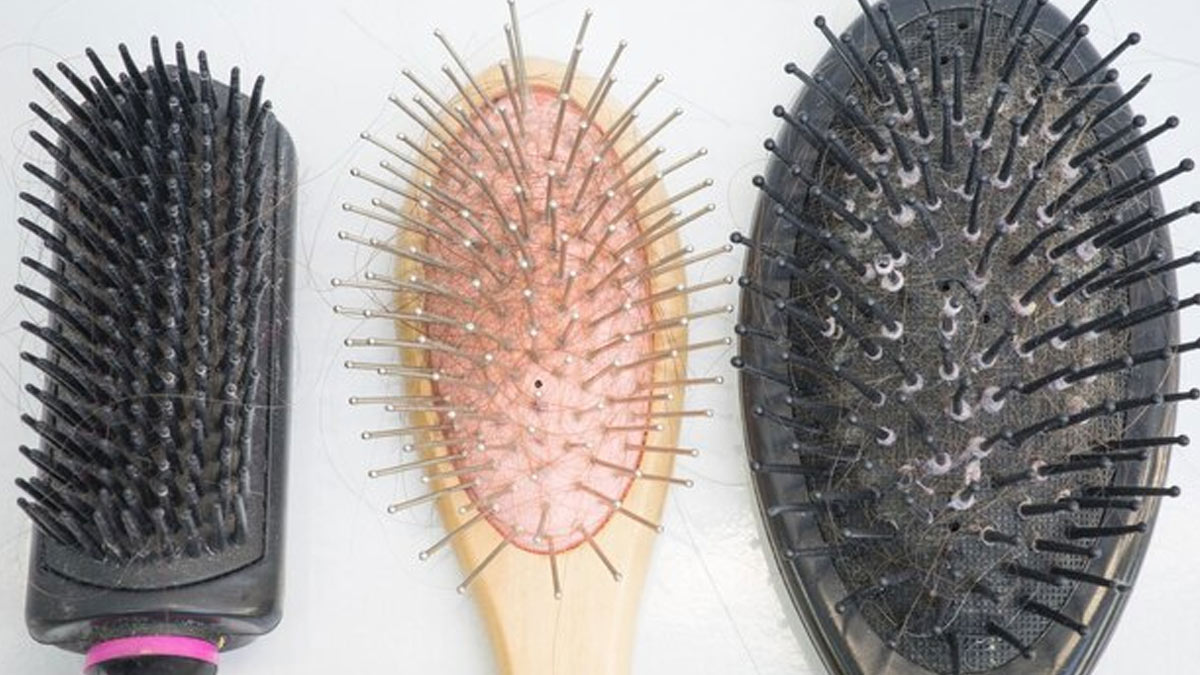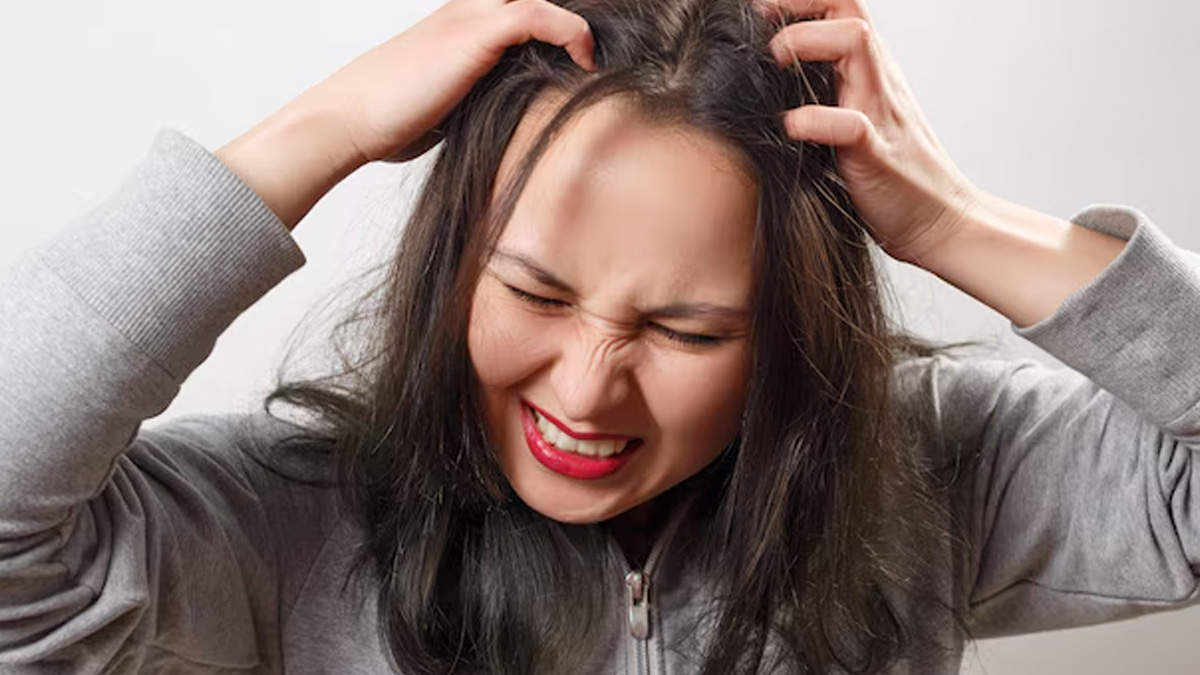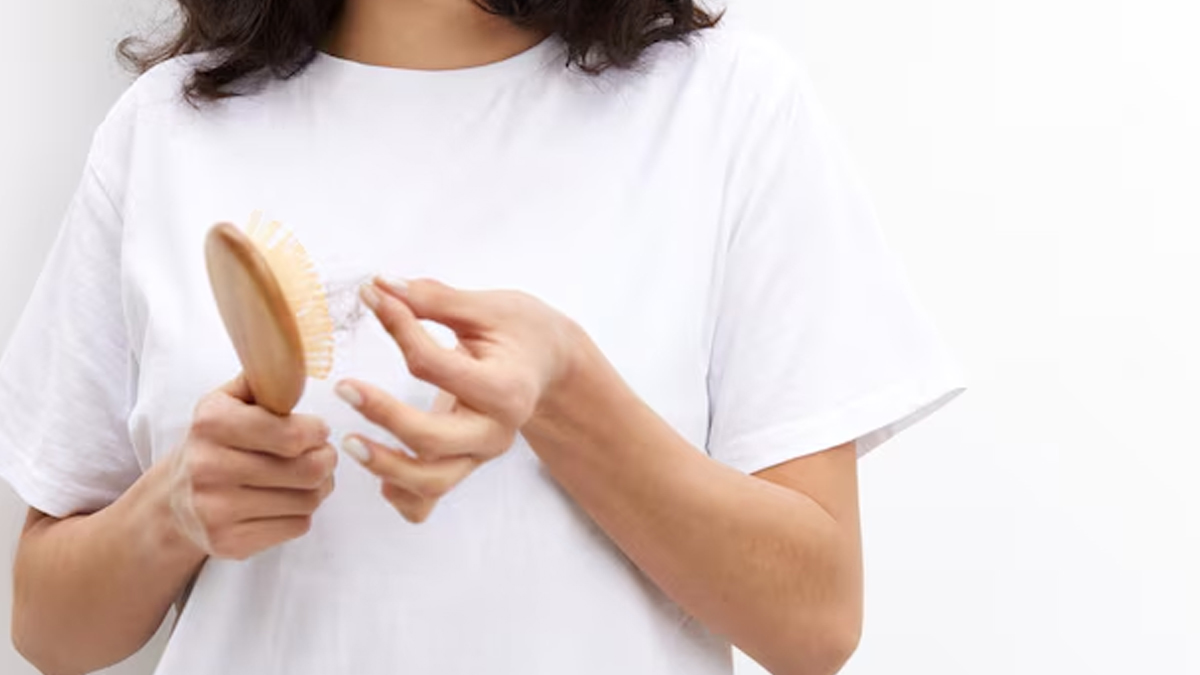
How often do you think about your hairbrush? For most of us, it is just that tool we grab every morning to detangle our hair before rushing out the door. But if your scalp has been feeling unusually itchy or irritated lately, your hairbrush might be more than just a silent bystander; it could actually be part of the problem. From residual bacteria to harsh bristles and even the manner in which we use it, your hairbrush can quietly exacerbate scalp troubles we tend to attribute to dandruff or dryness.
Table of Content:-
How Your Hairbrush Causes Scalp Irritation
1. Built-Up Dirt, Oil, and Bacteria

Each time you brush, your hairbrush picks up dead skin cells, natural scalp oil, and product residue from styling products. All of that, over time, adds up to make a big ball of gunk that makes your brush a bacterial and yeast breeding ground. When you use it, you are putting all of that back onto your scalp, and it can cause irritation and itchiness.
The scalp microbiome varies significantly among people and between scalp skin and hair shafts, with bacteria, such as Pseudomonas and Staphylococcus, which have been found to thrive on hair surfaces and can cause inflammation, says research published in the Nature journal.
2. Rough or Damaged Bristles
Over time, bristles on your brush can wear out, become rough around the edges, or bend at an unnatural angle. These broken bristles can cause scalp itchiness and create micro-abrasions that are not only itchy but can lead to additional inflammation or even minor infections.
Also Read: Scalp Zits In Humid Weather: What Causes Them And How To Fix It
3. Allergic or Sensitivity Reactions

Occasionally, it's not the brush itself but the substances on it that cause issues. Certain styling products can accumulate on your brush and lead to contact irritation, especially for those with sensitive scalps. Additionally, the brush material, such as low-quality plastics or certain rubbers, can also trigger reactions in those with a sensitive scalp.
4. Over-Brushing or Using the Wrong Brush
Brushing too much or too hard can overstimulate oil glands in your scalp, causing a balance to tip so that your scalp ends up greasy and inflamed. Similarly, brushing your hair with a brush that isn't suited for your hair type, a stiff-bristled brush on a sensitive scalp, for example, can create unneeded friction and inflammation.
How to Fix Itchy Scalp Due To Hairbrush?
The good news? Most of these causes are easy to fix with a few simple changes to your hair care routine.
1. Clean Your Brush Regularly

- Weekly Maintenance: Remove trapped hair and rinse the brush with warm water and a gentle shampoo.
- Deep Clean: Every two weeks, soak your brush (if it’s water-safe) in a mixture of warm water, shampoo, and a few drops of tea tree oil, which has natural antibacterial properties. Let it air-dry completely before using it again.
For natural bristle or wooden brushes, avoid submerging them. Instead, use a damp cloth and gentle cleanser to wipe them clean.
2. Replace Old Brushes
If your brush is shedding hairs, has rough edges, or is over one year old, it may be time for a new one. Opt for smooth-tipped, rounded bristles with flexible tips, particularly if you have an extra-sensitive scalp.
Also Read: What Is the Difference Between Dandruff and Dry Scalp Buildup?
3. Match the Brush to Your Hair Type
- Fine or Fragile Hair: Use a soft, cushioned brush with flexible nylon bristles.
- Thick or Curly Hair: Opt for a wide-toothed comb or a detangling brush to minimise pulling and irritation.
- Sensitive Scalps: Stick to brushes with natural boar bristles or those specifically labelled for gentle detangling.
4. Mind Your Technique
Gently brush, beginning at the ends and moving up to prevent pulling. Over-brushing (over twice daily) may strip away natural oils, so stick to just enough to detangle and distribute natural oils evenly.
5. See a Dermatologist If Itching Persists
If all this doesn't work, the itch may be caused by a scalp condition, such as psoriasis, eczema, or fungal overgrowth. The dermatologist can, in this case, suggest treatments or medicated shampoos.
[Disclaimer: This article contains information for informational purposes only. Hence, we advise you to consult your professional if you are dealing with any health issue to avoid complications.]
Also watch this video
How we keep this article up to date:
We work with experts and keep a close eye on the latest in health and wellness. Whenever there is a new research or helpful information, we update our articles with accurate and useful advice.
Current Version
